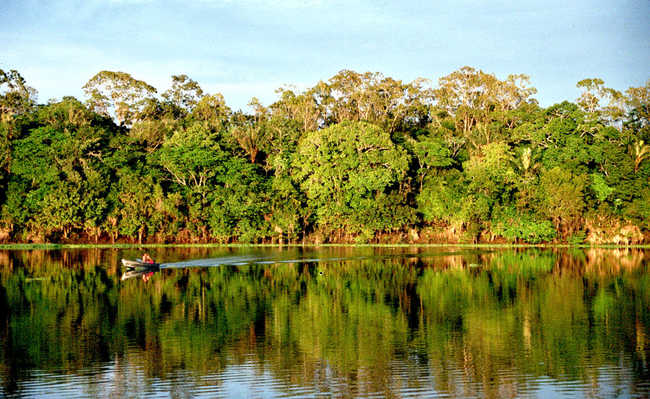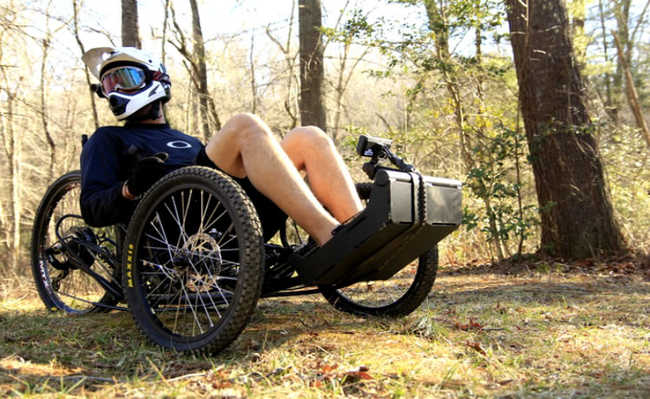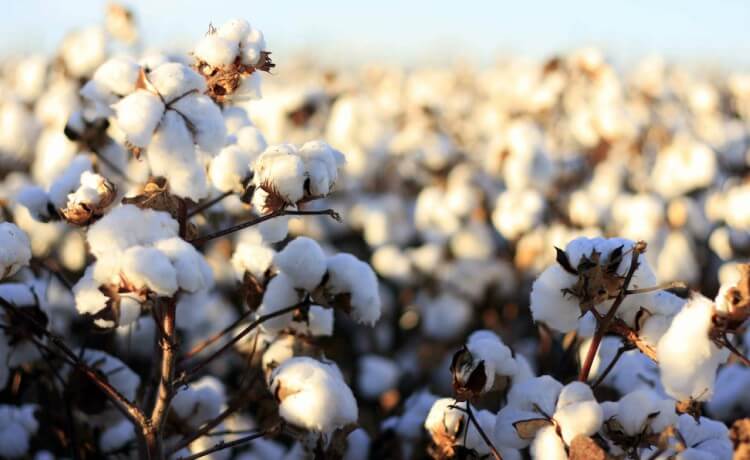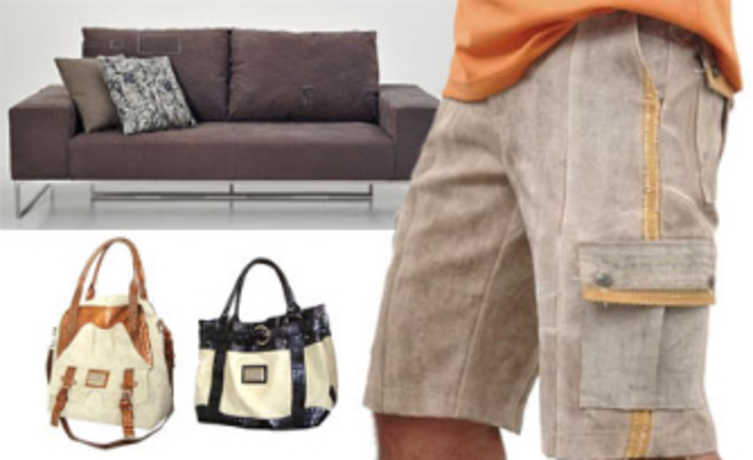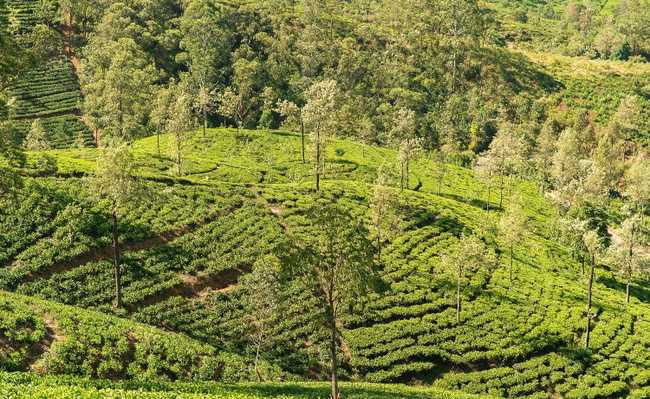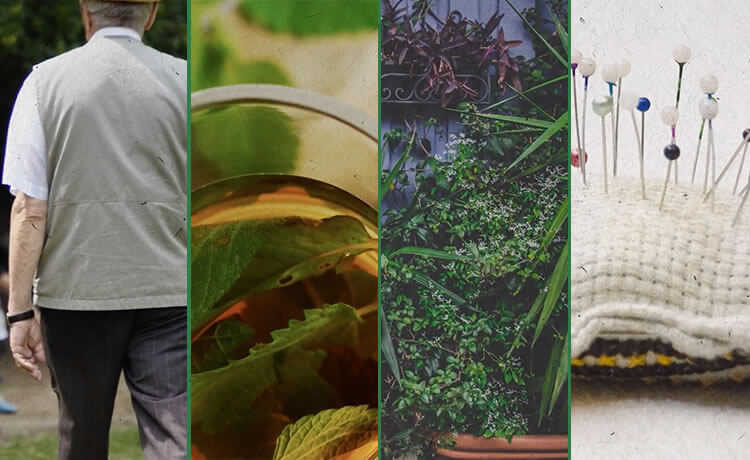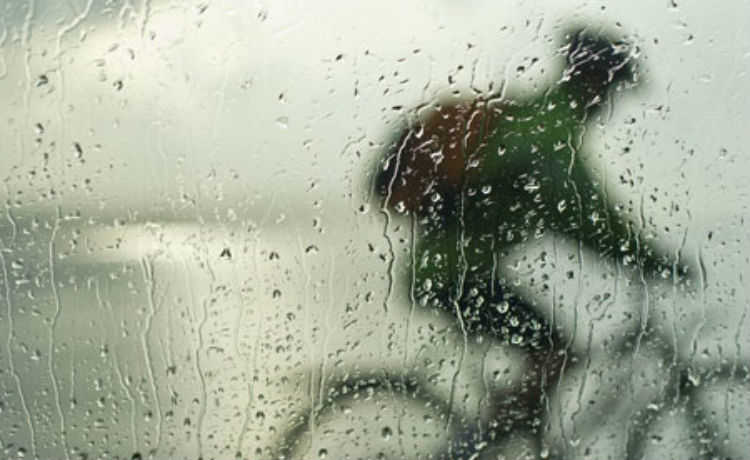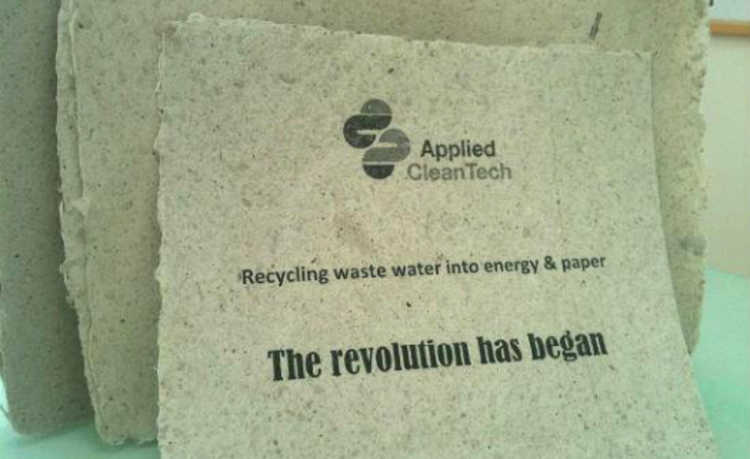São Paulo launches online movement to expand selective collection
Slogan of the Movimento Recicla Sampa is “Separate garbage into two: common and recyclable and we do the rest”
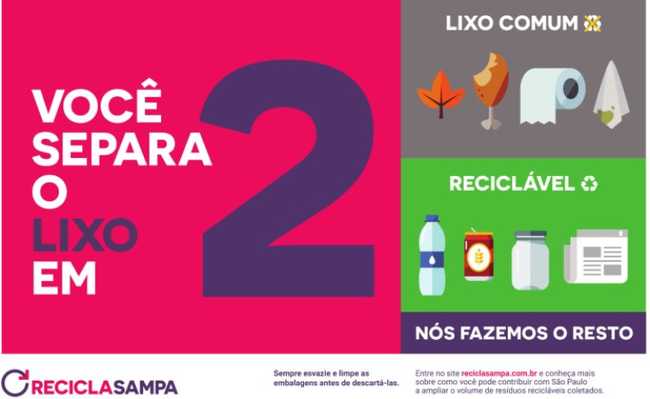
Image: Recicla Sampa/Disclosure
The objective and striking slogan was used by the urban cleaning concessionaires in the city of São Paulo, Loga and Ecourbis, as a kickoff for the launch of the digital platform of the Movimento Recicla Sampa . The discussion arises in a context of urgency, as São Paulo is in the ranking of cities that generate the most waste in the country. There are 12 thousand tons of household garbage produced daily. In 2018, 76,900 tons of waste were collected in the city - not to mention the amount that escapes into the environment. The amount could cover up to 53 meters in height across Avenida Paulista, the city's main thoroughfare.
However, from a potential 40% of waste recycling, São Paulo currently recycles only 7%. The rest go directly to landfills and are therefore unusable. The launch of the campaign was marked by speeches and by the showing of videos about the importance of a change in behavior, not only for the environment, but for the expansion of income and employment opportunities for people who work directly in managing the waste produced. in the city.
With this action, the City hopes to reach target 24 of the City of São Paulo's Target Plan for 2020, which establishes a reduction of 500 thousand tons of waste sent to municipal landfills. During the event, Mayor Bruno Covas acknowledged that the numbers involving selective collection in the city are still much lower than expected, but reinforced the Executive's commitment to acting to change this scenario. "If each one of us, public authorities, civil society, entities, do our part, we will be able to make the city better, showing Brazil and the world that we think about the environment and future generations," he said.
Edson Tomaz Filho, who heads the Municipal Authority for Urban Cleaning (Amlurb), the institution responsible for regulating the city's cleaning contracts, believes that the Movement is not only a tool for environmental education, but also for social inclusion. “There are 23 cooperatives that survive from donating recyclable waste and the income they obtain is distributed to their members. It is an ideological cause that we must embrace”, he highlighted.
Discover the Recicla Sampa platform
On the site, the population will be able to access videos, tutorials, reports, interviews, printable materials and other content to help properly separate waste. You will also be able to clarify doubts about collection times by neighborhoods and regions of the city, in addition to consulting which collection points and correct disposal locations for each waste. The collaborative tool allows the use of content at home, in the workplace, condominiums and public places.
To expand the dialogue with people from São Paulo, Recicla Sampa will also feature profiles on social networks - Facebook: @reciclasampa; Instagram: @reciclasampa and Youtube: Recicla Sampa.
About the collection in the city of São Paulo
Garbage collection in the city of São Paulo is carried out by Loga, responsible for the Central, North and West zones, and by EcoUrbis, which manages the South and East areas. The mega-operation of waste management and logistics in the city involves 352 household collection trucks for common waste and 72 for recyclable waste.
São Paulo is the only city in Latin America that has so-called mechanized sorting centers, one belonging to Loga and the other to EcoUrbis. Both have the capacity to operate in two shifts, six times a week and to process 250 tons of recyclables per day.
The trucks leave from Monday to Saturday from the offices of the concessionaires to carry out the service with a predetermined itinerary, to be followed in the case of collection of recyclable waste by a team consisting of two collectors and one driver per vehicle.
There are two types of truck involved in the operation: the one that collects household garbage, and manages to compact up to 10 tons, and the one that collects recyclables, which transports up to 3 tons so as not to damage waste.
After being collected at the door of the residences, on specific days and times, the waste is sent to the sorting centers, where it is separated by type, color and size, and to the 24 authorized cooperatives in the capital. After the segmentation process, the waste is baled and sold, guaranteeing the income of around 1,200 families. Even so, a large part of the garbage produced daily in the city escapes to nature, which reinforces the importance of this campaign.

